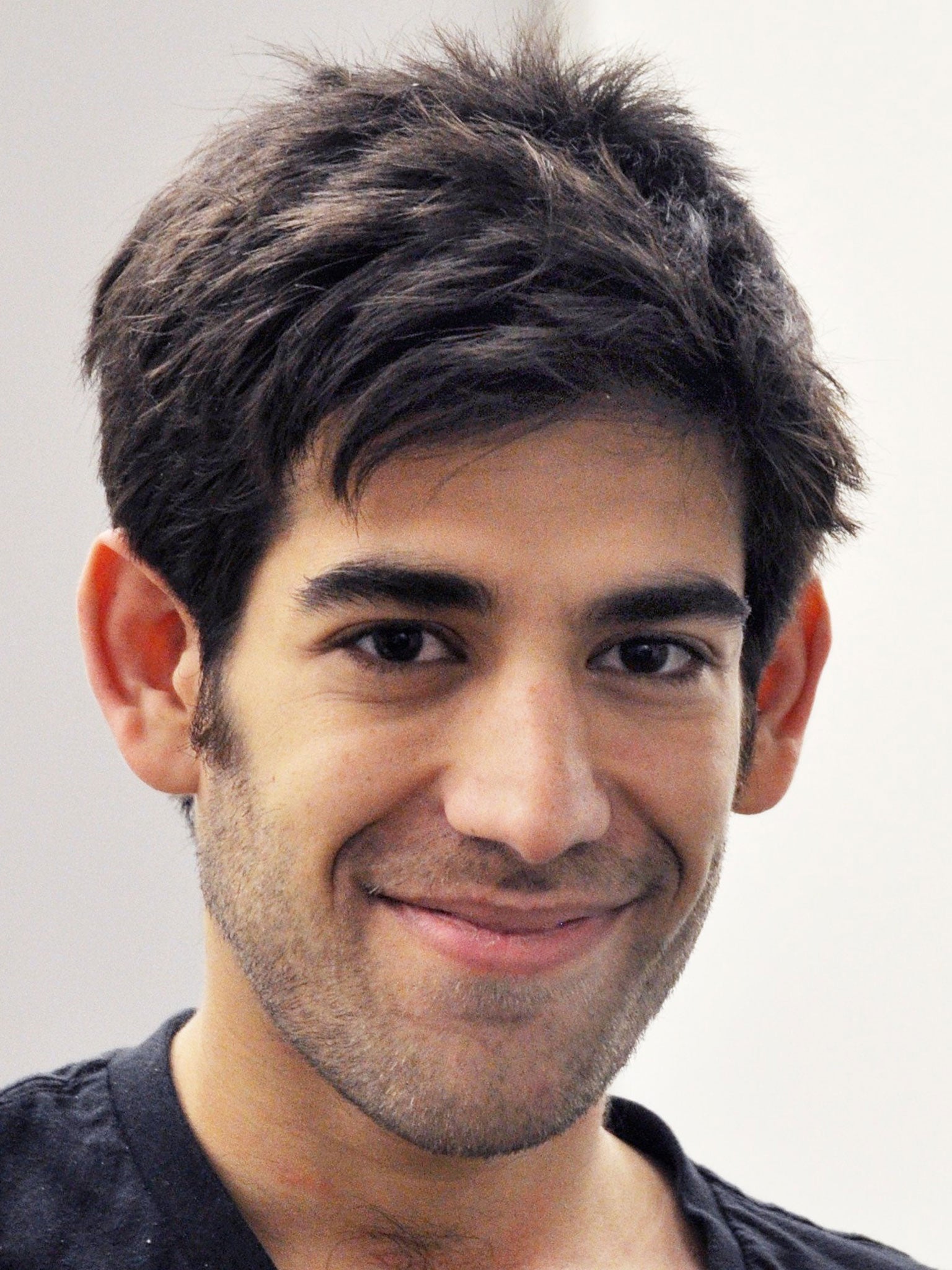
Aaron Swartz was a campaigner for internet freedom and a software developer who made an enormous impact during his 26 short years on the planet. His campaigning work and direct action for freedom of information had led him into frequent conflict with the authorities, with the result that, at the time of his death, he faced 13 felony charges for which he was due to stand trial within the coming months.
Swartz was born in Chicago in 1986. At the age of 14, he was involved in the development of the Really Simple Syndication (RSS) standard, which allows the distribution of news information among websites. He enrolled at Stanford University in 2004, but left after a year, later commenting about the learning environment in a post on his blog: "It's got some great professors and I certainly learned a bunch, but I didn't find it a very intellectual atmosphere, since most of the other kids seemed profoundly unconcerned with their studies."
He founded Infogami, a start-up company which made tools to ease the creation of Wiki type websites. In 2006 he joined the social news company Reddit as part of the merger with his company and left the following year when Reddit was acquired by Condé Nast, publisher of Wired. The proceeds allowed him to pursue a career of campaigning, or as his friend Cory Doctorow put it, to become "...a full-time, uncompromising, reckless and delightful shit-disturber."
During 2009, Swartz took direct action to make available documents on the US PACER (Public Access to Court Electronic Records) system, which imposed fees for access to public data. Swartz used a "free trial" of the system to download nearly 20 million pages of information. He was investigated by the FBI, but no charges were brought.
Then, in early 2011, he was arrested and charged in relation to the download of some four million articles from an academic journal publishing system known as JSTOR. Court papers said that he had used a laptop on the network of the Massachusetts Institute of Technology (MIT) to "rapidly download an extraordinary volume of articles from JSTOR" and that he was intending to republish these via file-sharing networks. The trial was due to begin in April.
David Segal, executive director of Demand Progress, a campaign group which Swartz helped to found, said of the action taken against him: "This makes no sense, it's like trying to put someone in jail for allegedly checking too many books out of the library... It's even more strange because the alleged victim has settled any claims against Aaron, explained they've suffered no loss or damage, and asked the government not to prosecute." JSTOR said in a statement: "Aaron returned the data he had in his possession and JSTOR settled any civil claims we might have had against him in June 2011."
If convicted, Swartz could have faced up to 35 years in jail and up to $1m in fines. Central to both these incidents was his belief that data generated through the use of public money should be open to the public and not subject to any fees for access.
Later in 2011 Swartz was deeply involved in campaigning against the US Stop Online Piracy Act (SOPA), which was being supported by media companies seeking to protect their intellectual property. However, a law which was originally drafted to protect copyrighted material now intended to go much further and block entire websites, in a wide-reaching attack on internet freedom.
The campaign against SOPA was successful through a programme of information sharing, petitions and a co-ordinated blackout of internet sites which took place on 18 January 2012. In a talk in May last year, titled "How we stopped SOPA", he said: "The people rose up and they caused a sea-change in Washington... It was really stopped by the people... They killed the bill dead. So dead, that when members of Congress propose something now that even touches the internet, they have to give a long speech beforehand about how it is definitely not like SOPA."
Swartz, who took his own life, was found in his Brooklyn apartment. His family said in a statement: "Aaron's commitment to social justice was profound, and defined his life. He was instrumental to the defeat of an internet censorship bill; he fought for a more democratic, open, and accountable political system; and he helped to create, build, and preserve a dizzying range of scholarly projects that extended the scope and accessibility of human knowledge." The statement added: "Aaron's death is not simply a personal tragedy. It is the product of a criminal justice system rife with intimidation and prosecutorial overreach."
Marcus Williamson
Aaron Swartz, internet activist and programmer: born Chicago 8 November 1986; died New York 11 January 2013.
Subscribe to Independent Premium to bookmark this article
Want to bookmark your favourite articles and stories to read or reference later? Start your Independent Premium subscription today.

Join our commenting forum
Join thought-provoking conversations, follow other Independent readers and see their replies